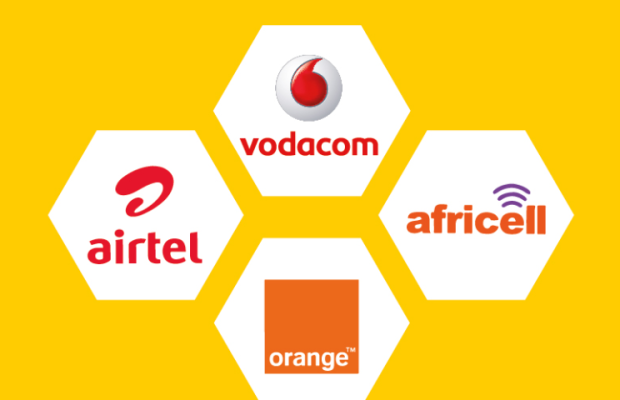Sub-Saharan Africa’s third-most populous nation, the Democratic Republic of Congo (DRC), faces significant challenges in providing internet access to its citizens, with just over a quarter of the population currently connected. Despite its vast mineral wealth, including extensive deposits of copper and cobalt, the DRC struggles to leverage its potential for economic development in the digital realm.
Telecommunications companies, such as Orange and Airtel, recognise the growth opportunities presented by expanding internet access in the DRC. However, their efforts are hindered by a contentious tax dispute with the government. The state alleges that these companies have not been paying their fair share of taxes, a claim vehemently denied by the firms.
The standoff has escalated over several years, with the government resorting to confiscating the passports of telecom executives and engaging overseas consultants to address the issue. However, these negotiations proved challenging, leading to prolonged wrangling and strained relations between the parties involved.
Ultimately, a deal was reached, with telecommunications firms agreeing to pay an additional $585 million to the Congolese government over the next decade. While this agreement may bolster the country’s tax revenue, it has also dampened the companies’ efforts to expand broadband infrastructure, depriving ordinary Congolese citizens of reliable and affordable internet connectivity.
The episode highlights the complex interplay between economic development, regulatory challenges, and tax disputes in the DRC. As the country seeks to bridge the digital divide and harness the potential of its natural resources, addressing these issues will be crucial to unlocking broader socioeconomic benefits for its population.

